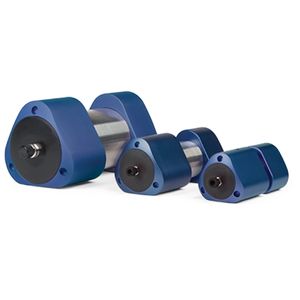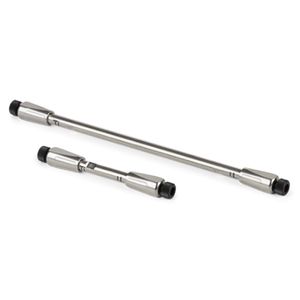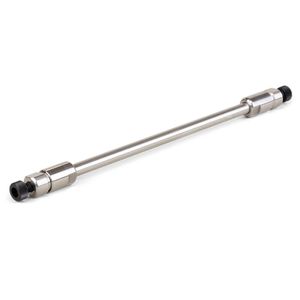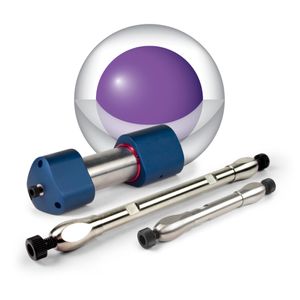Santa Cruz Biotechnology is a world leader in the development of products for the biomedical research market. Over the past 30+ years, the Company has focused on the ongoing development of research antibodies, siRNA and CRISPR Gene editing tools, biochemicals, labware and more recently has expanded into animal health care products. Santa Cruz Biotechnology has the highest commitment to quality and customer service.

GM-CSFRα (S-50) FITC | Santa Cruz Biotechnology
mouse monoclonal IgG1; GM-CSFRα Antibody (S-50) is an IgG1 κ mouse monoclonal GM-CSFR alpha antibody (also designated CSF2R antibody, Colony Stimulating Factor 2 Receptor Subunit Alpha antibody, Granulocyte-Macrophage Colony-Stimulating Factor Receptor Subunit Alpha antibody, Alpha-GM-CSF Receptor antibody, GM-CSF-R-Alpha antibody, CD116 Antigen antibody, GMCSFR-Alpha antibody, GMR-Alpha antibody, AlphaGMR antibody, CDw116 antibody, or GMCSFR antibody) that detects the GM-CSFR alpha protein of mouse, rat and human origin by WB, IP, IF and FCM. GM-CSFRα Antibody (S-50) is available as both the non-conjugated anti-GM-CSFR alpha antibody form, as well as multiple conjugated forms of anti-GM-CSFR alpha antibody, including agarose, HRP, PE, FITC and multiple Alexa Fluor® conjugates. The human IL-3, IL-5 and GM-CSF receptors are each composed of both unique α subunits and a common β subunit. The α subunits are low affinity ligand binding proteins while the β subunits do not themselves bind ligand, but are required for high affinity binding by the α subunits (1–5). In contrast, the mouse IL-3 receptor has two distinct β subunits, one that functions only in IL-3 mediated cell signaling and a second that is shared with IL-5 and GM-CSF. The murine β-subunits are 91% homologous at the amino acid level but only 56% homologous to the human β subunit. Although neither the murine nor the human β subunit contains tyrosine kinase domains, both activate tyrosine phosphorylation mediated signaling pathways.




















































